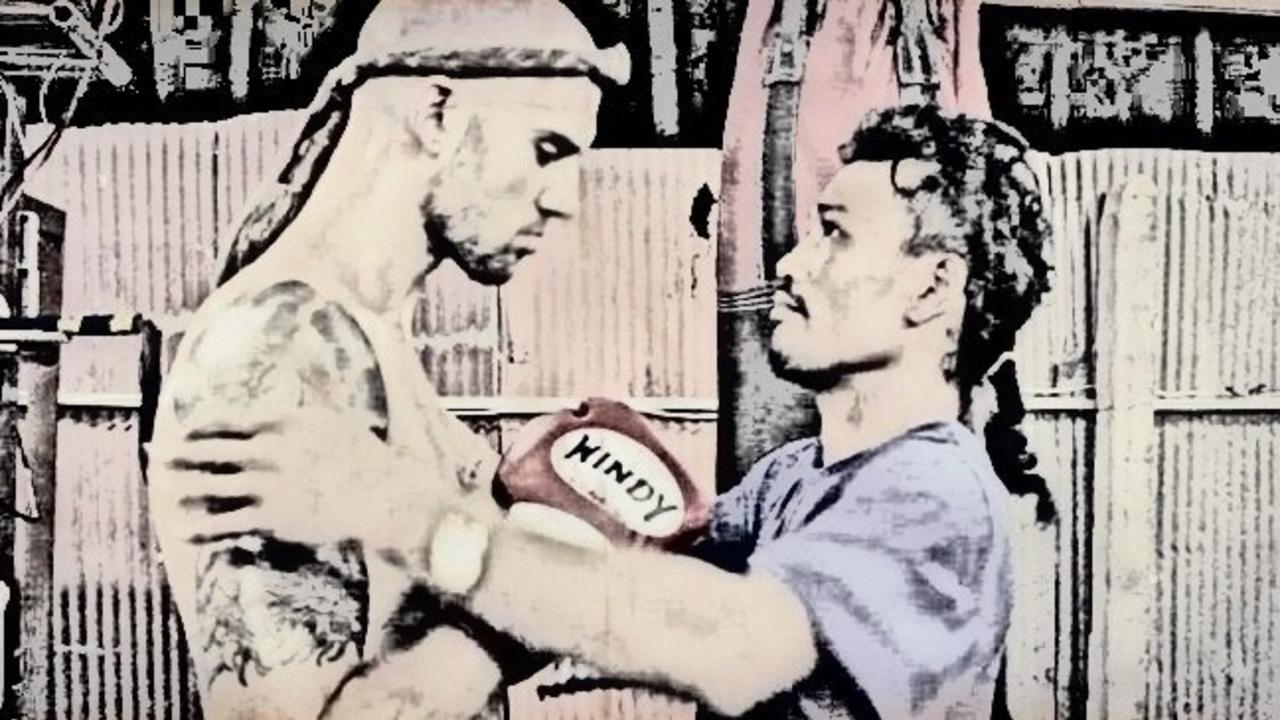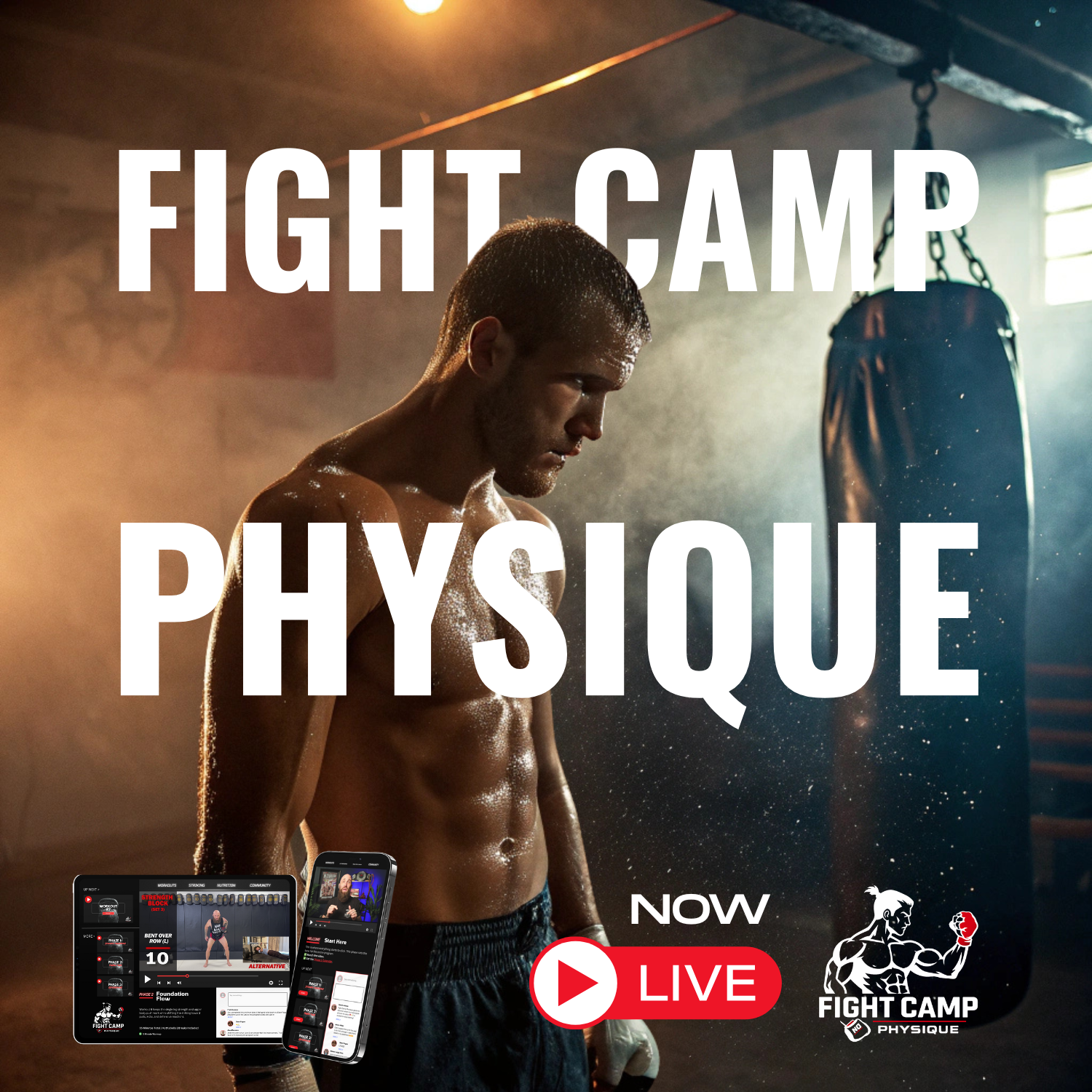MY FIRST AMATEUR FIGHT: DO THIS!

THE DOS OF YOUR VERY FIRST FIGHT
From Muay Thai Guy
Nobody will ever forget their first fight, not ever. The pressure, anxiety, and excitement all jumbled up together in your chest is a feeling that can’t be reproduced.
Amateur fights are matched mostly based on experience, unlike professional bouts, which consider the level of the fighter and their style. If you are confirmed to make your amateur debut, your opponent is also likely to have no fights as well. (Sometimes they do, but no more than three.)
Taking that first step into the ring and hearing that bell ding for the first time is almost like stepping into an abyss – you’re not sure what to expect. Keep the following in mind during your first fight and you’ll always feel grounded to the mat (rather than floating above it).
DO: Train Hard
So much of how well you do in a fight depends on your conditioning. If you have good conditioning, you can keep going. If you don’t, you’re as good as dead.
Many amateur fighters gas out because they don’t know how to control their pacing and power. It’s also important to know that your first fight is going to be, more or less, pure muscle memory. The more you do something in the gym, the more likely you are to do it in the fight.
There is also something known as the dreaded “adrenaline dump.” When the initial surge of adrenaline wears off in the beginning, you start feeling extremely fatigued. You will feel tired, but you can mitigate that feeling before the fight by making sure you train hard. They say “train hard, fight easy” for a reason!
DO: Stay Active & Hit Back
Amateur scoring is summed up as: how many times can you hit your opponent? Whether it be punches, kicks, or knees in the clinch, make sure you hit your opponent back… and then some. Stay busy. Don’t let your opponent (or the judges) see you rest.
DO: Keep Your Eyes on Your Opponent
The bell goes off and your opponent charges at you. It’s very easy at this point to back up and start looking down in fear of getting hit hard. Take a deep breath and remember that if you don’t see what’s coming, you won’t be able to prepare for it. Keep your eyes on their chin or chest. Even if you get hit, you’ll know it’s coming so you won’t feel as scared when it connects.
DO: Listen to Your Corners
Many people experience something called “tunnel vision” during their first few fights. Hell, even professional fighters get it from time to time as well.
Tunnel vision is when you can’t hear or think; all you’re focused on is the person who’s attacking you in the ring. This is a natural response from the body. Your body is trying to get you to pay attention on the immediate danger so nothing else matters. Thankfully, tunnel vision wears off for most people after the first round. If it doesn’t wear off during the rounds, then listen to your corners between the rounds. They’re your eyes outside the ring, so if they’re telling you to do something, it’s because it’s open for you to land!
DO: Remember to Breathe
Adrenaline dump, tunnel vision, muscle memory… it’s a lot to take in all at once. It’s easy to forget to do what you need to do – breathe. Breathing with your strikes like you do during training will help you curb off the fatigue and help bring oxygen to your muscles. More energy equals more opportunities to win the fight. If all else fails – breathe.
Sling heavy metal in your gloves. Your opponent won’t see it coming.
Feed Your Muay Thai Addiction!
Join our "Muay Thai Mondays" email newsletter for the latest updates on new videos, special events and everything Muay Thai!






